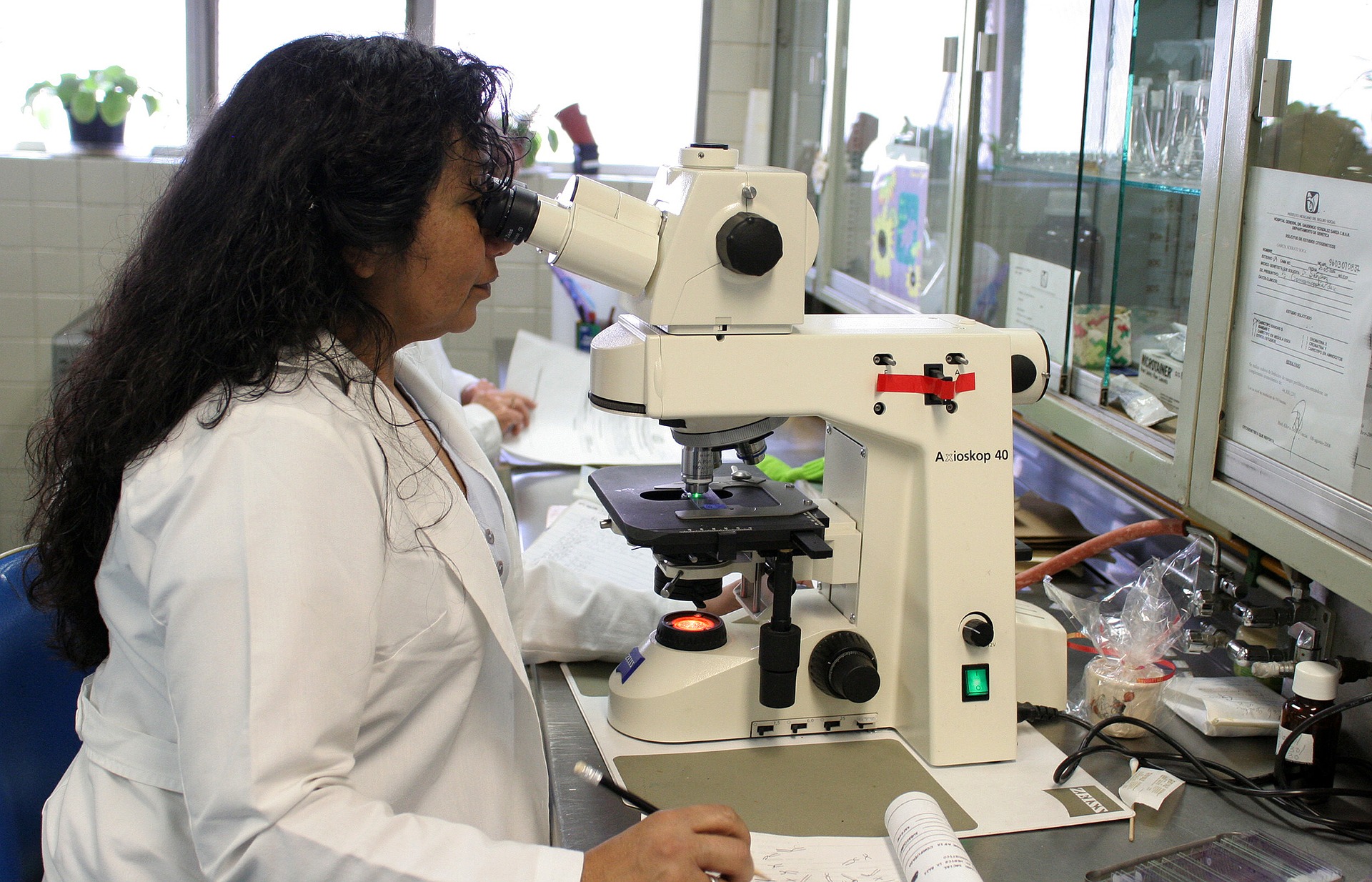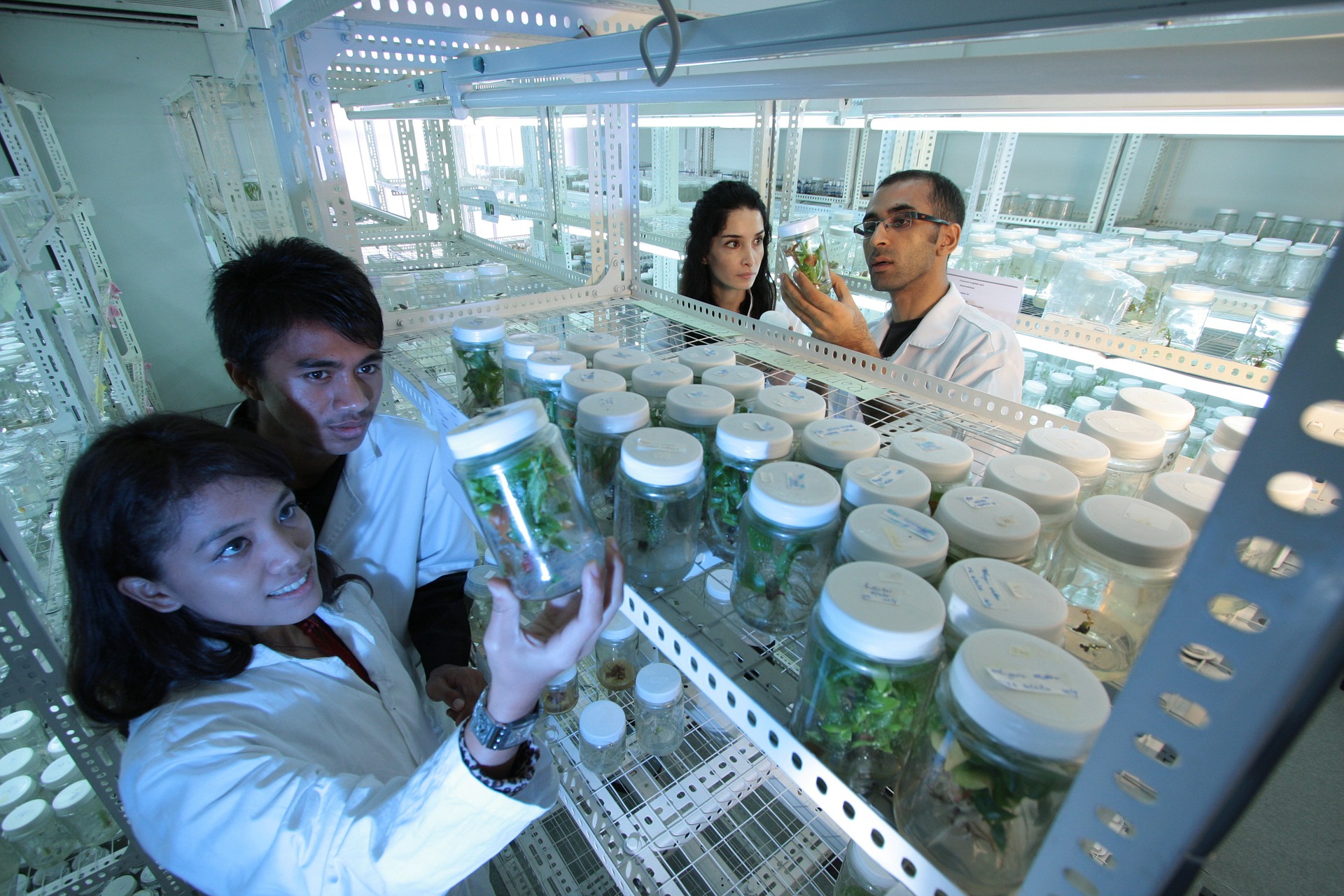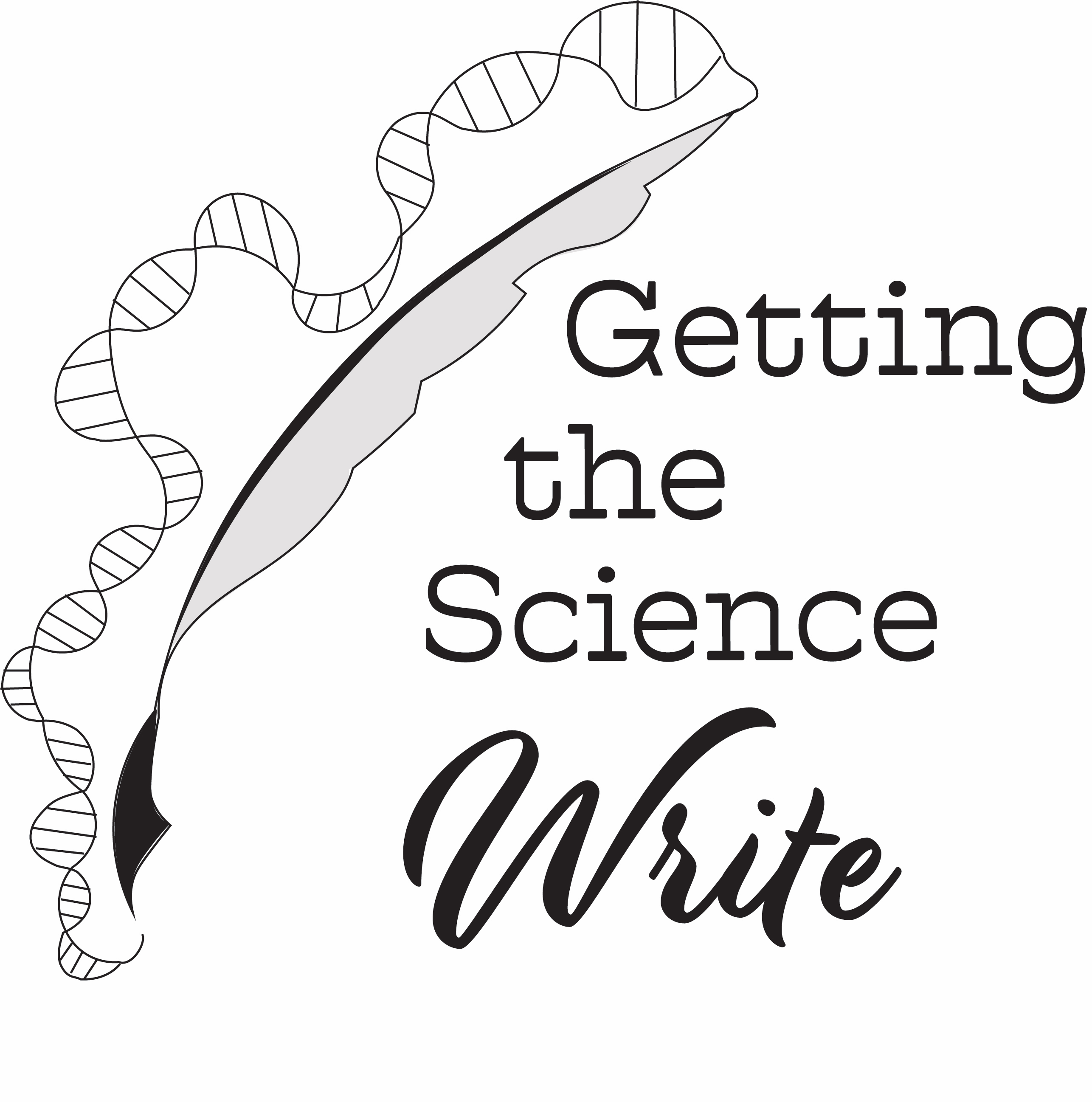How to Write a Scientist- Part 1
“Dr. Doe, we need you to examine this patient! They are sick with a new virus, and you’re their only hope.”
“What in the heck am I supposed to do for them? I’ve never touched a patient before.”
“But you’re a doctor! It’s in your title!”
“Yeah, but not that kind of doctor! It’s for my Ph.D in—”
“Then you can still be helpful! Quick, maybe, you can determine what virus can be causing the disease and develop a cure for it. Don’t just stand there, save the poor fellow!”
“…I have a Ph.D in computational biochemistry.”
“So?”
“Ok, let me just go write some code to calculate their chance of survival. That’ll cure ‘em for sure.”
Writers like to put scientists in two different categories: antagonist, or cold-hearted/antisocial eccentric ally. Scientists are generally put into this almost wizard-like role in fiction, where they use their magical “science” to solve the puzzle (who the murderer is, how to fix a problem, come up with a plan) or create the problem (manufacture a dinosaur clone that they can’t control). They are painted as aloft and incapable of normal human emotions, never leaving the laboratory.
…That, and every scientist also happens to be an expert in almost every scientific field. Man, what university did they study at because I need to go there!
As usual, I am generalizing. There are definetly works out there that go against the stereotype. But let’s be honest here: when someone outside of a scientific field thinks “scientist,” they think “lab bound folk garbed in a white lab coat holding a beaker with colored liquids inside who can’t think outside of their research” (I am looking at you, Jurassic Park movies).
But before we can start taking apart the stereotypes, discussing how a lab is run, and how to incorperate scientists in your work, we need to deconstruct the general concept of a “scientist” and investigate how much job (and life) diversity we have.
What Is a Scientist?

In our natural habitat, you’ll find the elusive scientist with their earbuds in pouring out liquids, pipetting, and jotting down notes in their lab notebook. They keep some sort of liquid sustenance, be it tea or coffee, at their desk (although you’ll never see them actually eat/drink away from their desks: that’s against code). You’ll generally find a hidden stash of treats in an unused drawer that will be picked at throughout the day. Earbuds abound as people listen to their favorite podcast, music, or book as they wash equipment and finish writing in their lab notebooks. If you’re lucky enough, you may see one of them hit their head against their desk in temporary defeat if an experiment goes awry or they are stuck writing their paper.
Ah, I misspoke. This is the scientist in the wet lab. Dry lab scientists have the luxury of having more lax clothing restrictions and eating regulations because they work at computers. They are leaned over their keyboards, tap-tap-tapping away in either the lab or in the warmth of their own homes. And they can eat while they work (lucky ducks…).
Dry labs are usually computational, where most of the work is done on computers to develop software for labs, or interpret large datasets through biostatistics. Fun fact: my university that a dry lab that works only on science animations and illustrations. Wet labs, in contrast, are where you are working with chemicals and live animals/cultures.
Let’s take another step back to reexamine the scientist. A scientist, in general terms, is someone who studies science for a living. It’s our job. Key word: job. Yes, it is certainly a passion of ours (otherwise we wouldn’t be doing it), but I am stressing job because in fiction, scientists are usually only allowed to exist in the lab and nowhere else.
We have hobbies, you know. Other passions. Families to take care of. An apartment to clean. Meals to cook. Many of us (like myself) go to cafes to work or unwind or play video games to destress. Or go to bars after a long day at the lab. Or hop on a bike and hit the mountain bike trails on the weekends.
…Not to say there aren’t some bad weeks or months where research does actually overtake your life. A grant proposal deadline is coming up and you still need that last round of results. Or the entire dish of bacteria was ruined, and you have to pour the plates all over again. Hey, like any job, scientists work overtime.
Is it fun? No. But it happens. Thankfully, it doesn’t happen all the time.
(There is the occasional researcher who spends 14 hours in the lab every day, but at least for my program, most scientists try to maintain a healthy work-life balance so they don’t hate their life)
There is ONE thing I would like to point out, and that is that scientists usually can’t know everything. What I mean is that if you have an expert in epigenetics, the likelyhood that they know how to complete a physics problem or even know the basic nomenclature in immunology decreases significantly. No geneticist is going to be able to explain string theory to you the same way a physicist can. Some haven’t touched calculus in a decade, while others couldn’t remember the chemical definition of “acids and bases” to save their life. A biochemist won’t know diddly-squat about anatomy off the top of their head (Etc, etc, etc…). If you are writing a scientist in your story, know that they will be vaguely familiar with research outside of theirs, but in no way can they be an expert in all scientific fields.
What Do They Do (Beyond the Lab)?

When you think “scientist,” you probably think “person in white coat hovering over a flask with goggles on.” Scientists work in labs, manipulate DNA, experiment on animals or bacteria, and weild a pipette like a knight weilds their sword. They follow experimental procedures and work under hoods.
…In fact, when I looked up stock photos for “scientist,” that was pretty much all I could find (Exhibit A directly above us).
Or, now that we know about “dry labs,” scientists are the ones at the lab computers, crunching numbers and making 3D models of molecular interactions or building a physics simulation in…python, maybe? (I don’t do “them dry lab stuff.” I am currently self-teaching myself how to code, so I will update you on whether or not that’s possible).
But there’s more to a science life beyond that of a laboratory bound scientist! And many of these alternatives may be more appropriet for certain SciFi stories. For instance:
Some go into just teaching, prefering to pursue their academic career without joining a lab.
Some are scientific writers.
Some are in-between jobs, holding down a temporary position at a retail store while they are trying to put their Ph.D into use.
Some find themselves working in biostatistics.
Some become analysts outside of science (your years of studying any of the hard sciences provides enough practice to run statistics in other fields).
Some work in genetic counseling.
Some go into industry.
Some become Medical Science Lisasons, where they act as diplomats between physicians (I’m simplifying it a bit).
Heck, some could just become entreprenuers in a field completely seperate from their Ph.D or masters.
Why do I bring this up? Well, to bring the discussion back to “writing,” say you wanted to have a scientist character to help explain the detailed science driving your plot. The low-hanging fruit would be to make this character the classic lab tech, post-doc, or grad student working on the eplot-related experiments. But what if you had a barista who did recieved both a masters and a Ph.D in neuroscience, and is currently struggling to find a lab? What if you had an editor of a science magazine as the main science brain of the group?
The benefit of having a non-laboratory based character means that they have the necessary research training, but they also have a little “extra” training to top it off…Not to say that you shouldn’t write about lab techs or post-docs or PI’s. Those fully immersed in the laboratory scene are more immersed in their subject more than anyone else can dream of being.
But ‘tis food for thought! Consider spicing it up a bit with a genetic counselor who rallies against the evil corporations forcing eugenics upon the populace. Or have that barista who knows how to calculate the exact amount of fuel for the projectory of the team’s rocket as she pours people their macchiatos.
The Takeaway?
The scientist is more than the “white labcoat.” Scientists are those who can understand and utilize the scientific method and scrutinize data. And if they don’t have an answer your science question, they know how to find it. Google is a magical place, but most scientists also know a friend of a friend as well. And most importantly, scientist–yes, all scientists– have some sort of life outside of the lab. At the very least, we have a hobby.
Although I will admit a universal truth: we spend a lot of our lives at computers. If your scientist doesn’t use at least one search engine or spend one night going down that black hole of the internet, then you have written a poser (Cue dramatic music).
Next in this series will be looking at scientist stereotypes, and how to avoid writing these tropes. After that, we’ll be looking at how you can incorperate scientific language and explinations through your science-loving characters. In the meantime, I would recommend Marie Robinette Kowal’s book, “Calculating Stars” for fantastic representation of scientists. The main character is a calculator, her husband is an engineer (I can’t recall his exact job, but the important thing is that they both work at NASA), and you get to see them balance/incorperate their science into their daily lives.
